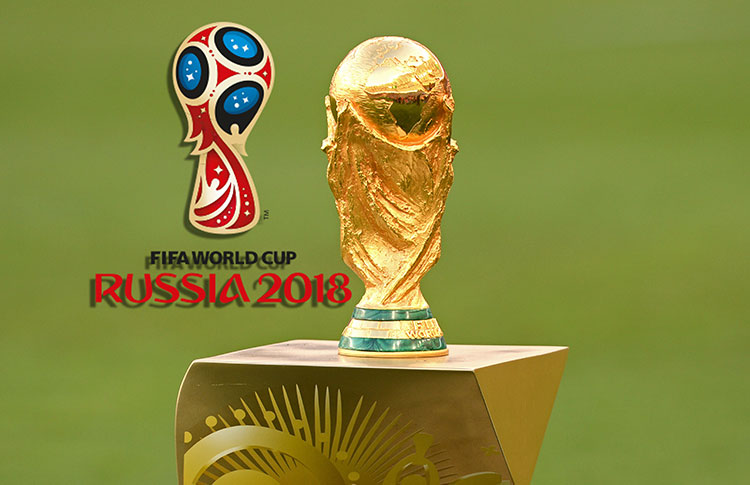How to make accurate predictions at The World Cup?

We will take through 4 phases how to make accurate predictions as the start of the World Cup approaches. You will be looking at what factors will help to keep you well informed about your World Cup predictions.
So here they are:
· A closer look at the qualification groups
· Can bettors use FIFA rankings to their advantage?
· Analyzing the strength of World Cup contenders
· Prediction on the outcome of the World Cup 2018
A closer look at the qualification groups
The continuity of regularity in matches, of squad makeup and large amounts of data, are just part of making ranking teams in domestic soccer compared to international sides so much easier task.
Union of Europeans Football Association (UEFA), the Asian Football Confederation (AFC), Confederation of North, Central America and Caribbean Association (CONCACAF) per automatic qualifier generally consist of ten games. On the other hand the Oceania Football Confederation (OFC) final qualifying group matches to just four matches before a two-legged final and then a final inter-confederation playoff. And usual 18 games per side spread over two years is the regulated by the South American Football Confederation (CONMEBOL).
If we include games from the beginning of the qualifying process how the level of opposition can also vary greatly can be illustrated by the case of Australia.
Australia’s 1.7 xGD per game is the fifth best xG differential of the 31 sides that have progressed through a qualifying group. The others behind sides are such as Germany, Portugal, Spain, and Belgium.
Germany has a positive xG and a superior expected goals differential to Australia’s. Germany has a positive xG and a superior expected goals differential to Australia’s. Germany’s xG differential of 2.88 is great in qualifying against a group of sides whose xG is -0.65.
Almost identical xG so Australia’s is England’s xG differential.
Can bettors use FIFA rankings to their advantage?
Taking the average FIFA ranking points of their qualifying opponents is a more objective method of attempting to quantify a countries qualifying campaign.
The strongest batch of World Cup qualifying opponents in the traditionally strong CONMEBOLK conference was Uruguay. 981,60 ranking points were the average FIFA ratings of their opponents than Uruguay’s own current ranking.
With an average FIFA rating of only 362 points, despite their seemingly impressive qualification record Australia had the easiest group of qualifying opponents.
so before we start to rate the line-up for Russia 2018, we need to account for the different levels of opposition and the disparity in results.
Analyzing the strength of World Cup contenders
By ranking teams based on their current FIFA ranking, the range of historical performances of the representative of each conference against the other conferences in previous World Cups and likely difference in quality assumed from the ranking differential of each side. These are a variety of methods that can be used to estimate the abilities of the sides who meet in competition.
By applying these type of corrections to the qualifying records of the 31 visitors to Russia there are some big movers, both up and down.
Rising at the last top 10 spots in the tournament rankings are the five CONMEBOL representatives Argentina, Brazil, Uruguay, Colombia, and Peru. From 15th to 2nd place Brazil has made the leap, just behind Germany, who retains top spot.
Less qualifying records have Iceland, Switzerland, Morocco, Iran, Australia, and Japan.
Prediction on the outcome of the World Cup 2018
We can begin to analyze the makeup of the eight groups once we have a more objective assessment of the recent form of the finalists.
Some groups will be inevitably more competitive than others. The number of combinations is already whittled down for the possible routes to the finals.
Most strength in depth definitely has Group F, consisting Germany (ranked 1st by xG differential), Mexico (12th), South Korea (20th) and Sweden (16th), while Group A and Group H appear to be the weakest.
The most competitive is the Group’s A, G, and H with at least two sides in each group that appear to be evenly matched to win the group. At the head of the respective groups little separates host Russia, Uruguay, Colombia, England, Poland or Belgium. While at the head of the markets under such an analysis unsurprisingly the likes of chances Germany winning the tournament are only 19%. Brazil’s chances are 15%, Spain’s 11% and France emerge with 11%.
accurate predictions
How to make accurate predictions at The World Cup?

